I think I’ve mentioned that I’m a hoarder. And a half book reader. And I may not vacuum weekly. I have some faults. But I LOVE to read and spend probably too much time reading books about speech language pathology, education and learning styles. (well I read at least half of the book.)
These books are books that I’ve read that have resulted in a change in my therapy or therapy approach. They are books that I’ve recommended to parents, colleagues and have lugged around with me while I read them. My coworkers make fun of me because I’m always bringing some therapy book home with me on the weekends. Most of the time it stays in my car-I probably spend more times carrying the books than I do reading them.
Here are 5 Books that Changed my Life or at least my therapy life.
I’ve mentioned this one before but it bears repeating. This is a fantastic text on vocabulary instruction and how to teach and make it meaningful for your students. I’m so happy that the uber creative Jenn from Crazy Speech World posted about this. You can read her post HERE.
One of the more eye opening things about having children, is realizing how quickly they really do pick up language. Sequencing is one of my go-to goals because I want them to be able to retell a story or share an experience. But many of the children I see, don’t have a basic framework to do this. If you ask them about their weekend, they need so much prompting to share information. This book provides a framework for teaching story retell as well as personal narratives. It focuses on building up different language skills within the framework of story telling.
3. The Child and Adolescent Stuttering Treatment and Activity Resource Guide
I am not a fluency expert and in the 18 years or so that I have been practicing, I’ve only worked with a handful of dysfluent clients. I had a particularly stressful evaluation which left me in tears and a colleague recommended this textbook. It is filled with practical information related to assessment and treatment with a ton of activity suggestions as well as specific information related to communicating with parents. This book is super expensive since it is a textbook-but you could try textbook exchange websites to try to purchase it.
This book is ahhh-mazing. Lots of suggestions for assessing, teaching /r/ and carryover activities. I’ve seen Pam Marshalla present on /r/ and /s/ therapy-this was a great book to bring home to add to my collection.
I read it but I don’t get it: Comprehension Strategies for Adolescent Readers.
I heard about this book at a Social Thinking course. I don’t teach reading but I do work a lot on auditory comprehension and find myself with goals focusing on main ideas and details. The author is someone who had difficulty with reading comprehension when she was younger. The book focuses on successful strategies that good readers use to comprehend texts. I find that some of these strategies work well when working on auditory comprehension too. This is a quick book that is easy to read. It’s a great one to recommend to parents when they report their children are having difficulty because it’s written in a parent friendly format.
Those are my top 5. It was actually pretty hard to narrow it down to just 5. What are your favorite books, I’d love to hear about it below! If you enjoyed this post, please take some time to share it with others by clicking on the Pinterest or Facebook buttons below.


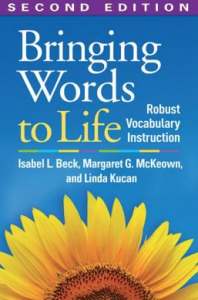
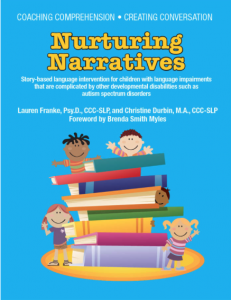
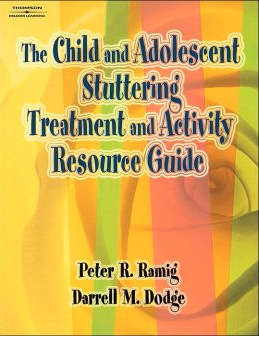
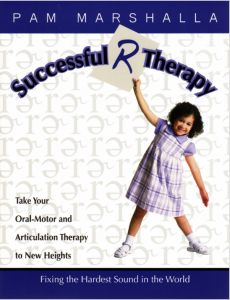
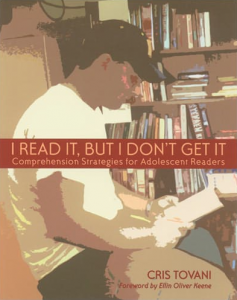

Kelly! Ohh ohh ohh! Might need to buy the narratives and Robust Vocabulary book RIGHT NOW! 🙂 They look great! Thanks for sharing your list!
Thanks for the suggestions!
http://oldschoolspeech.blogspot.com